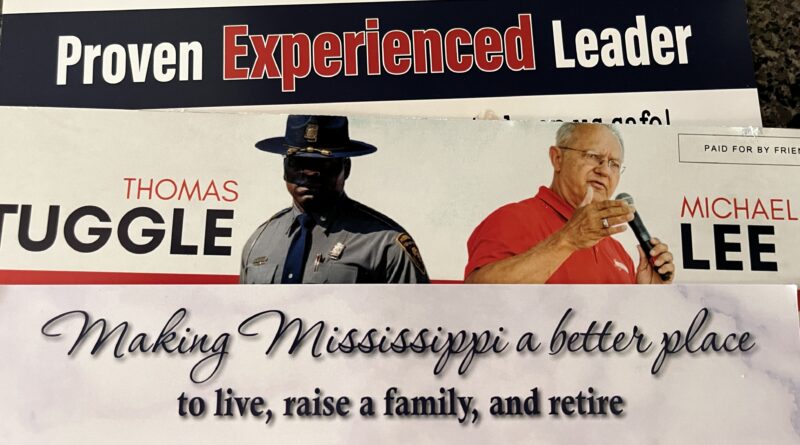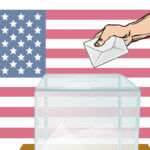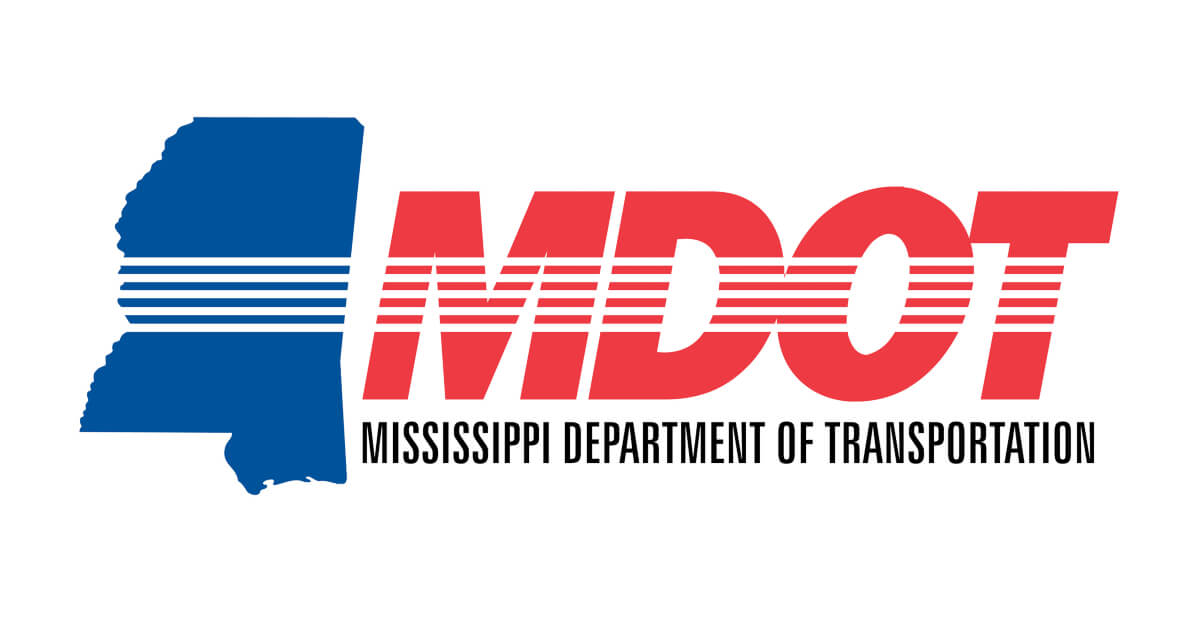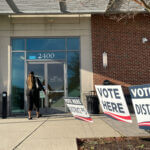Voters suffer through spate of negative political ads
Photo: Some of the more positive political ads that have come in the mail recently. Many have been negative attack ads that have flooded the mailbox.
There’s been a lot of talk recently about voters having to deal with an onslaught of negative political advertising, attacks upon attacks against candidates, much of it later determined to be inaccurate and definitely not providing the voters what they really want to know: how the candidate feels about important issues.
With the primary election now two weeks away, the fliers daily inundating your mailbox have likely set records for the amount of refuse you have quickly sent on to the dump or shredding machine.
Many of the mailings do tout the qualifications that the candidates possess. However, you’ve likely had to endure an equal, or greater, amount of mailings that charge an opponent is too liberal or too conservative, or have been endorsed by groups that quickly respond by saying a certain item was a hoax and that the organization doesn’t endorse candidates.
All of this brings up the question: does the negative volley of political attacks on candidates actually work?
That was a question we posed to Dr. Brian Shoup of the Political Science and Public Administration department at Mississippi State University. Shoup said the answer is: it depends.
“There’s not a lot of evidence that it tends to swing new voters,” Shoup said. “There’s not a lot of evidence that it can change a lot of people’s minds on a candidate. One of the things that it can do in an election is that it can really amplify the tendency of your base vote to actually show up at the polls.”
Shoup said those candidates or political action committees who go negative in a campaign are likely to feed on a voter’s emotions, those emotions being fear and anger.
“Negative campaigning can appeal to those emotions and be pretty powerful for that,” Shoup said. “Still, it doesn’t force people to switch their vote. What it can do is get people who are predisposed to not like one of those candidates through their anger to make them show up at the polls.”
That said, Shoup says that negative attack ads undermine trust in government while not changing a person’s vote.
“I have a very significant problem with misinformation and disinformation, which in my mind comprises a much larger threat to the effectiveness of our republic,” Shoup said. “Our system is predicated on people having information and knowledge that is somewhat reliable so they can render good judgment about politicians, political parties and public policy. With the rise of all sorts of different tools to disseminate disinformation on social media, it becomes very difficult for a lot of people to differentiate.”
Shoup added that in Mississippi the real election can be the primary, where the real competition can happen. He said attacking someone of your own party can establish you as an outsider, doesn’t work for everybody and can really only go so far.
Still, as close as elections have been in recent years, a small number of votes can determine who wins or who loses.
“It may not be that many people that it influences, but we’ve seen over the past couple of decades that even national elections can be decided by a relatively small margin of votes,” said Shoup. “In that case, getting any number of your voters to be more likely to go to the polls is incredibly helpful.”
The best advice remains for voters to do their research, seek only factual information, and vote based on that factual information and not on emotion. Most of all, remember to vote and quickly put all of the negative attack ads in the garbage where they belong.






